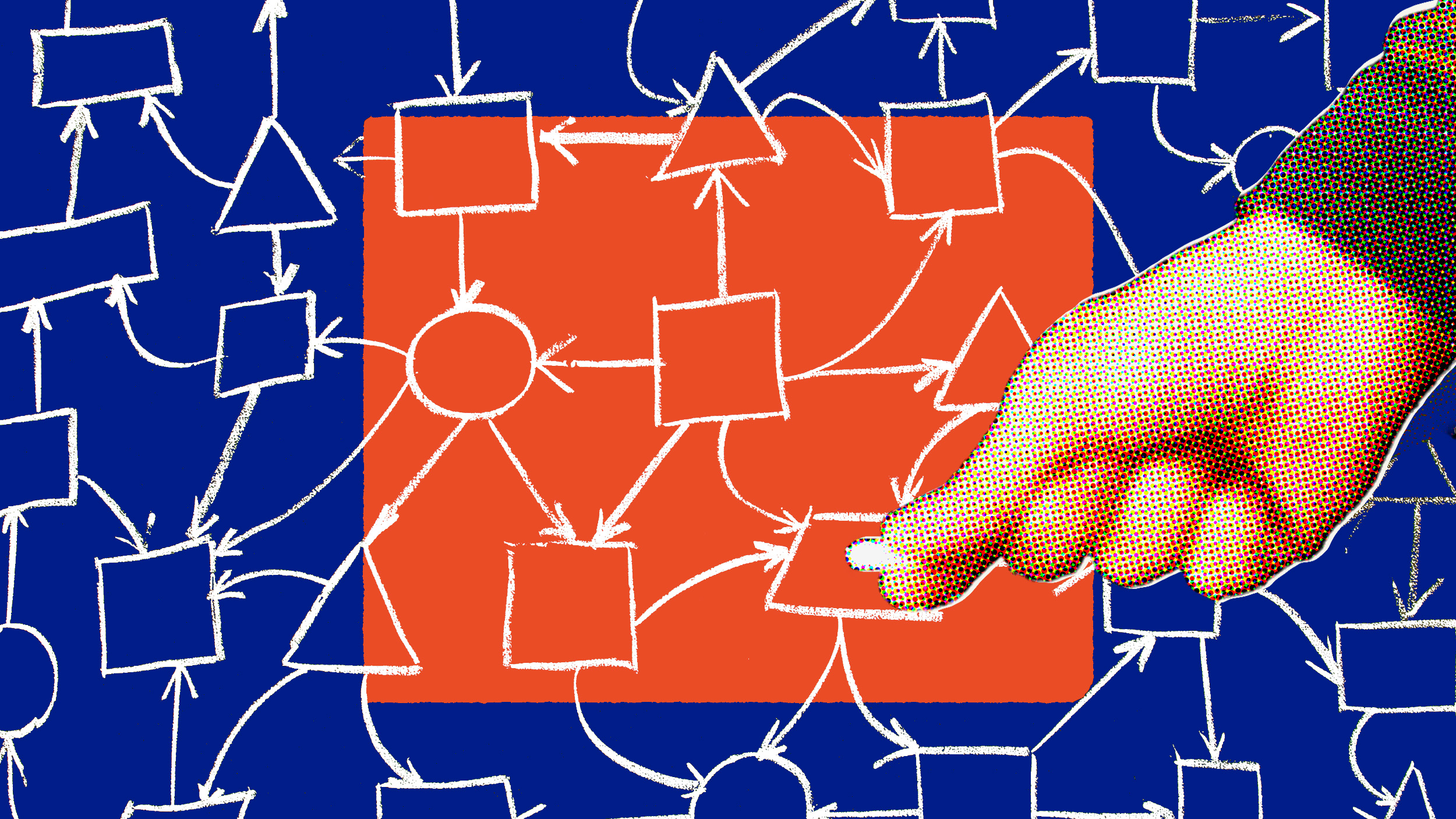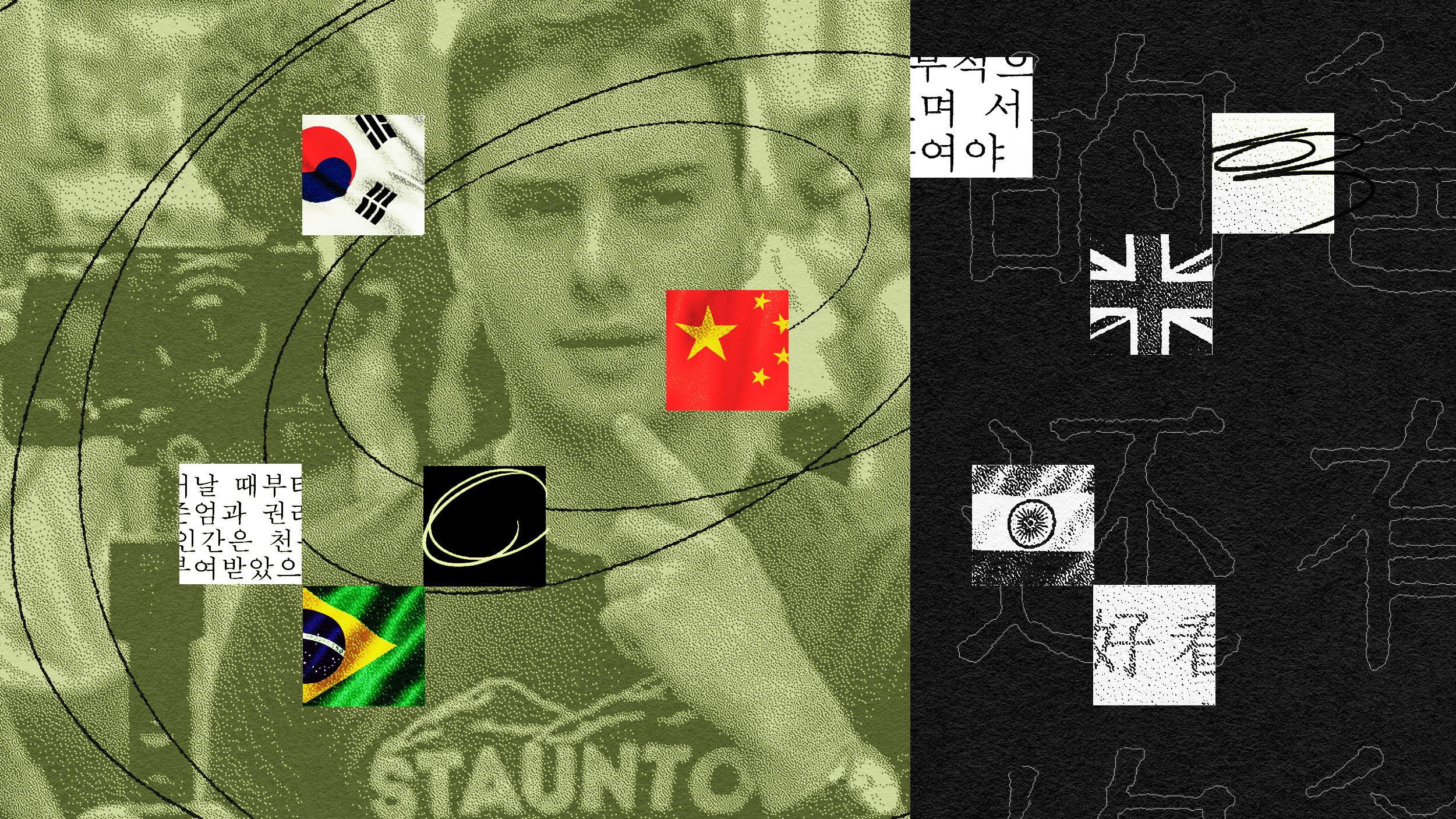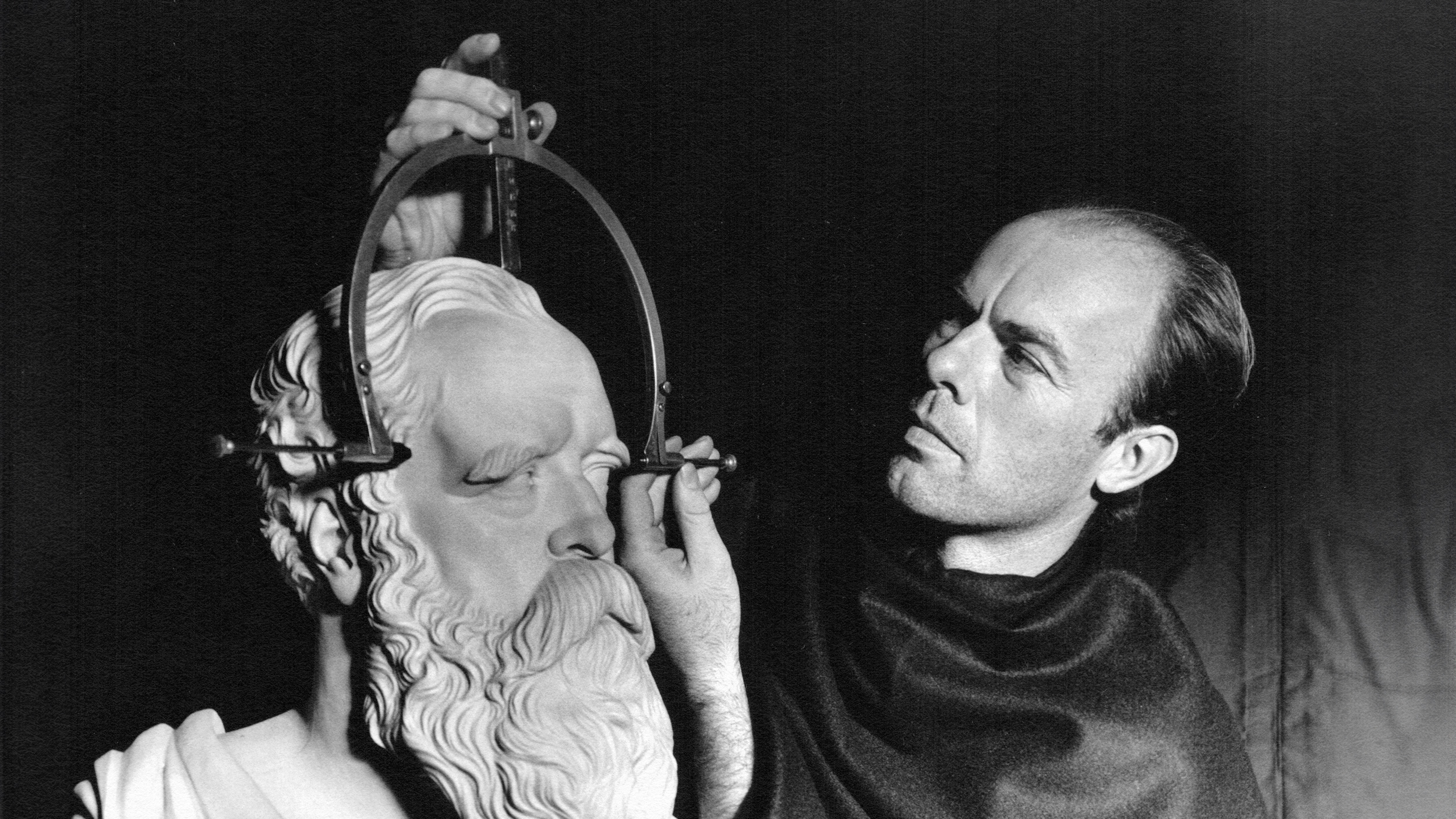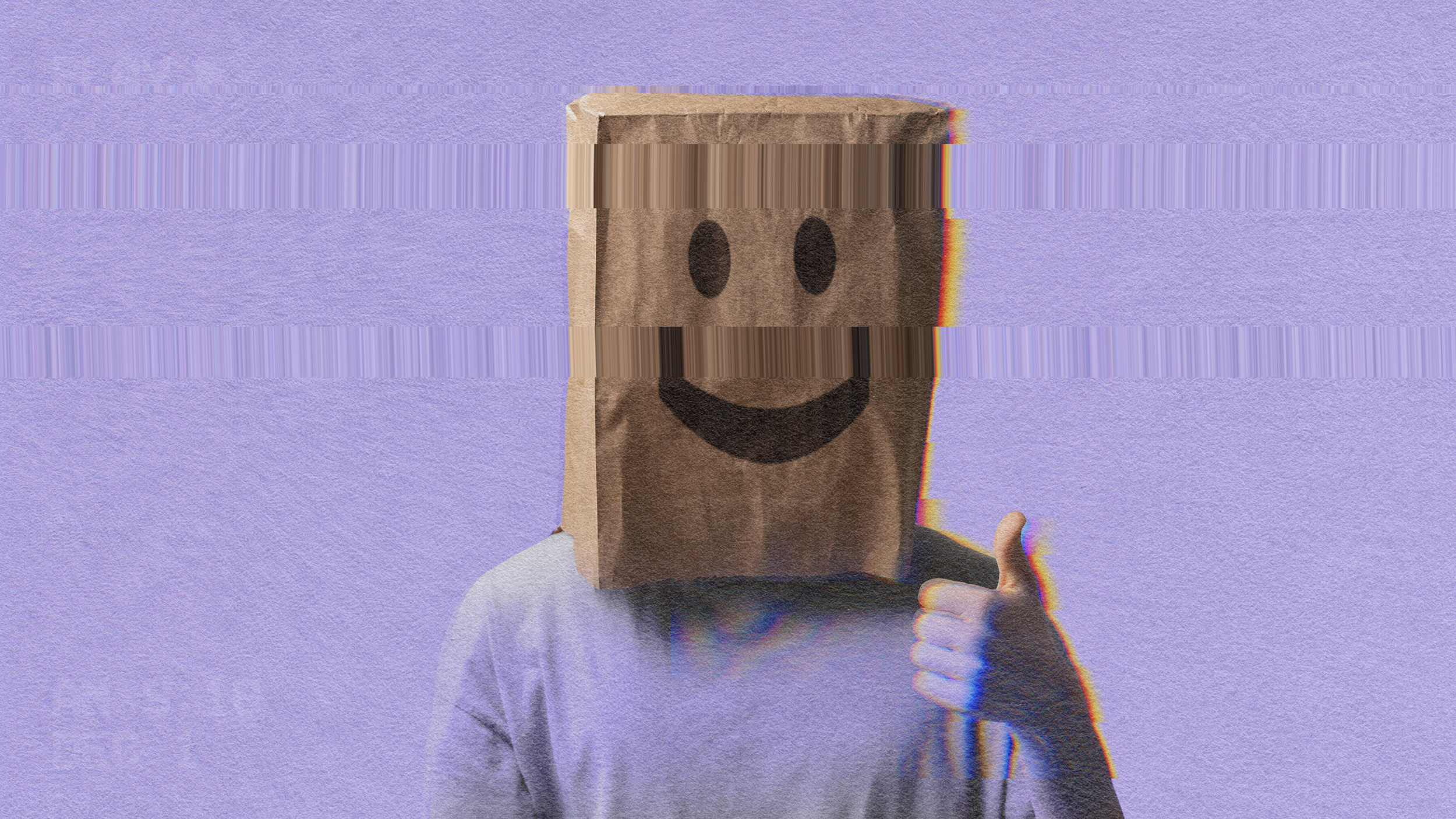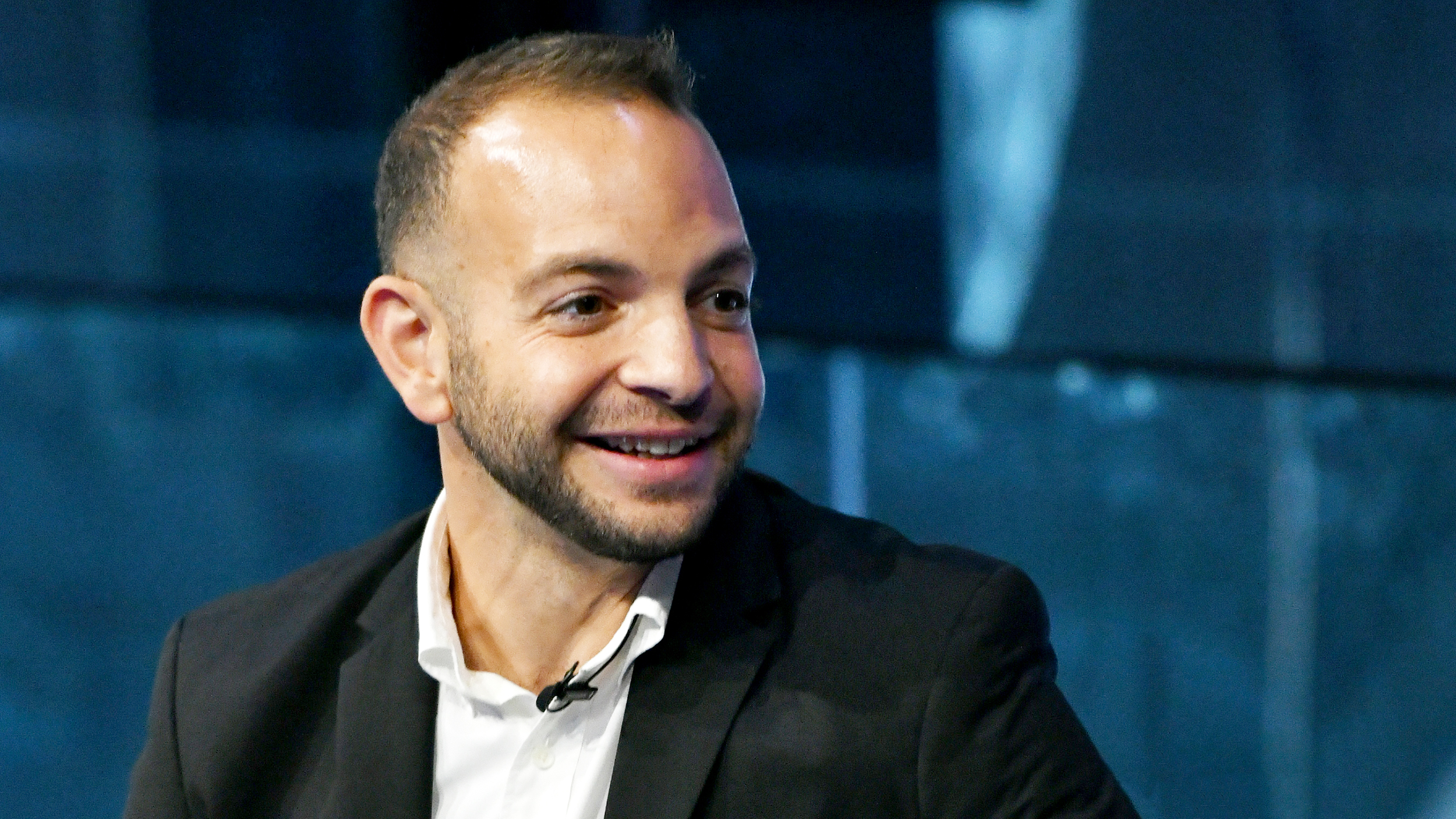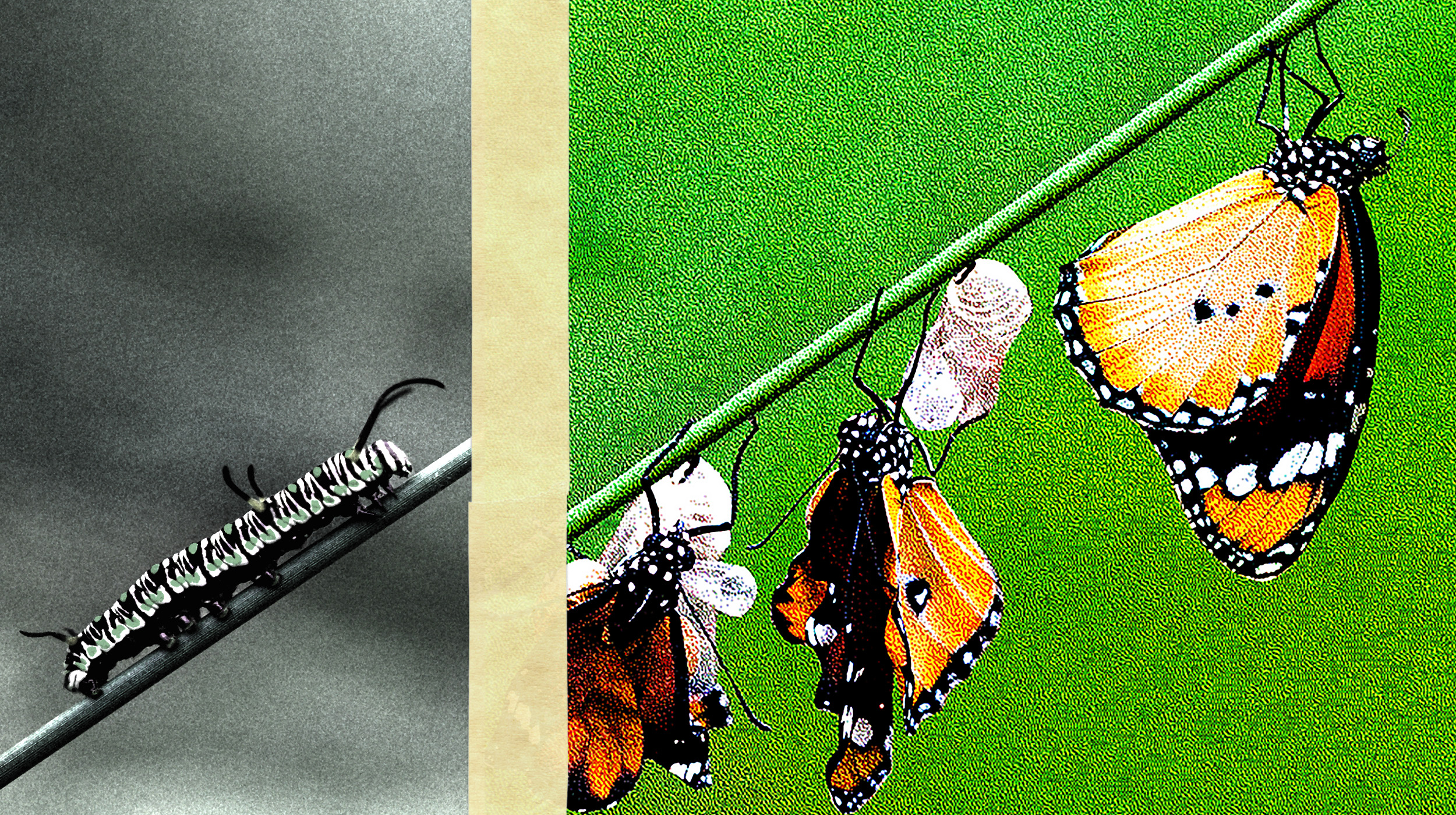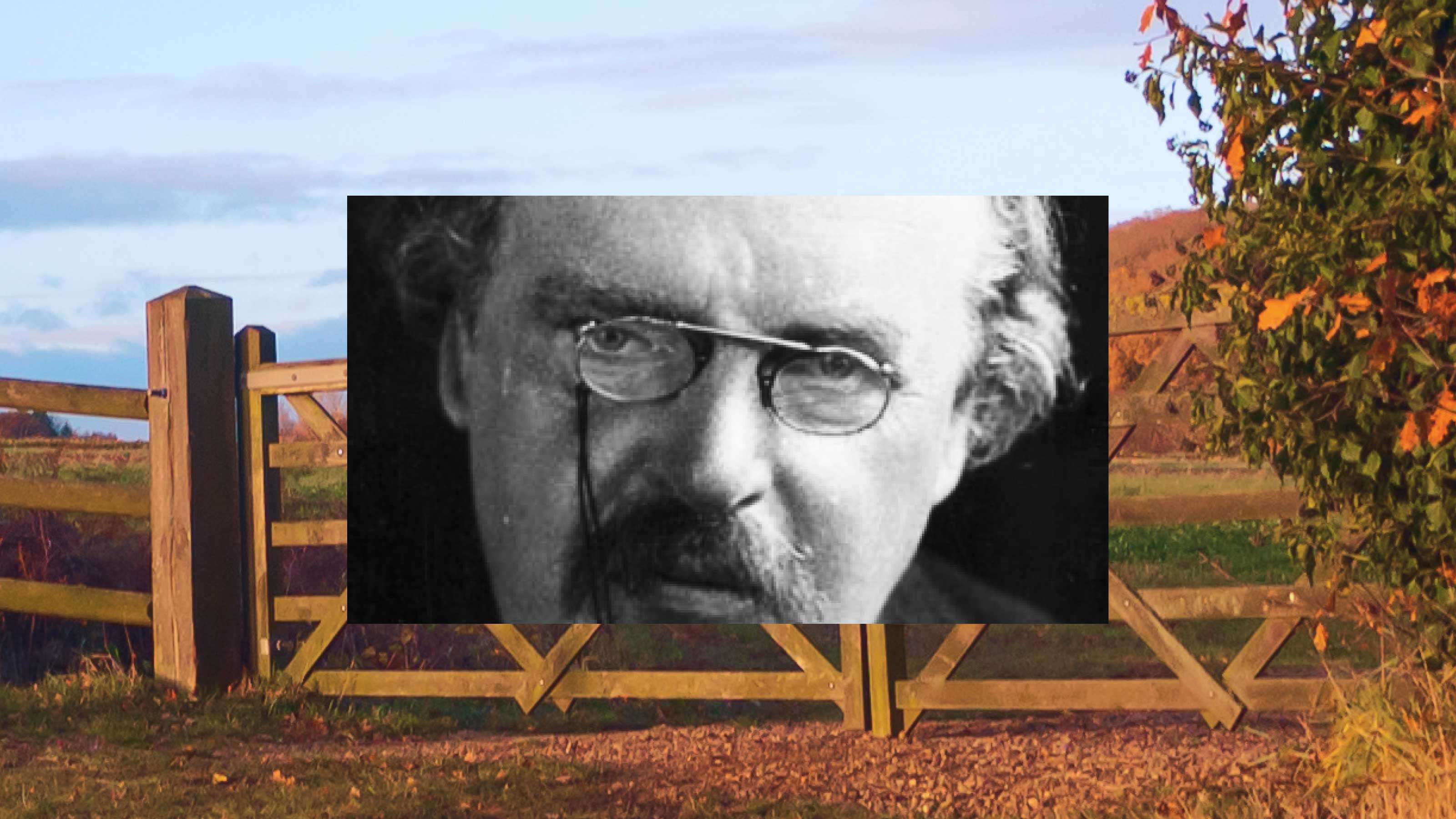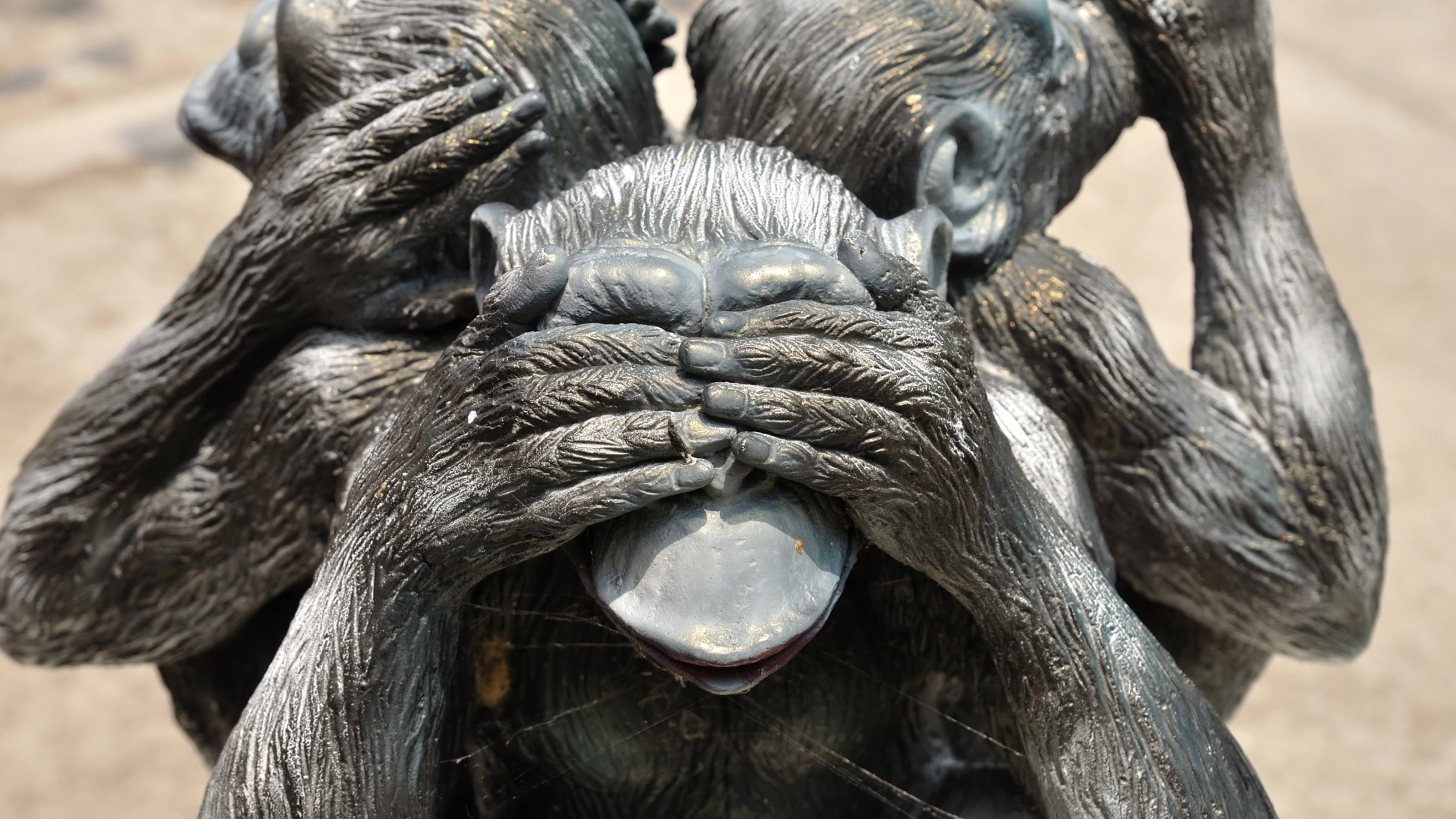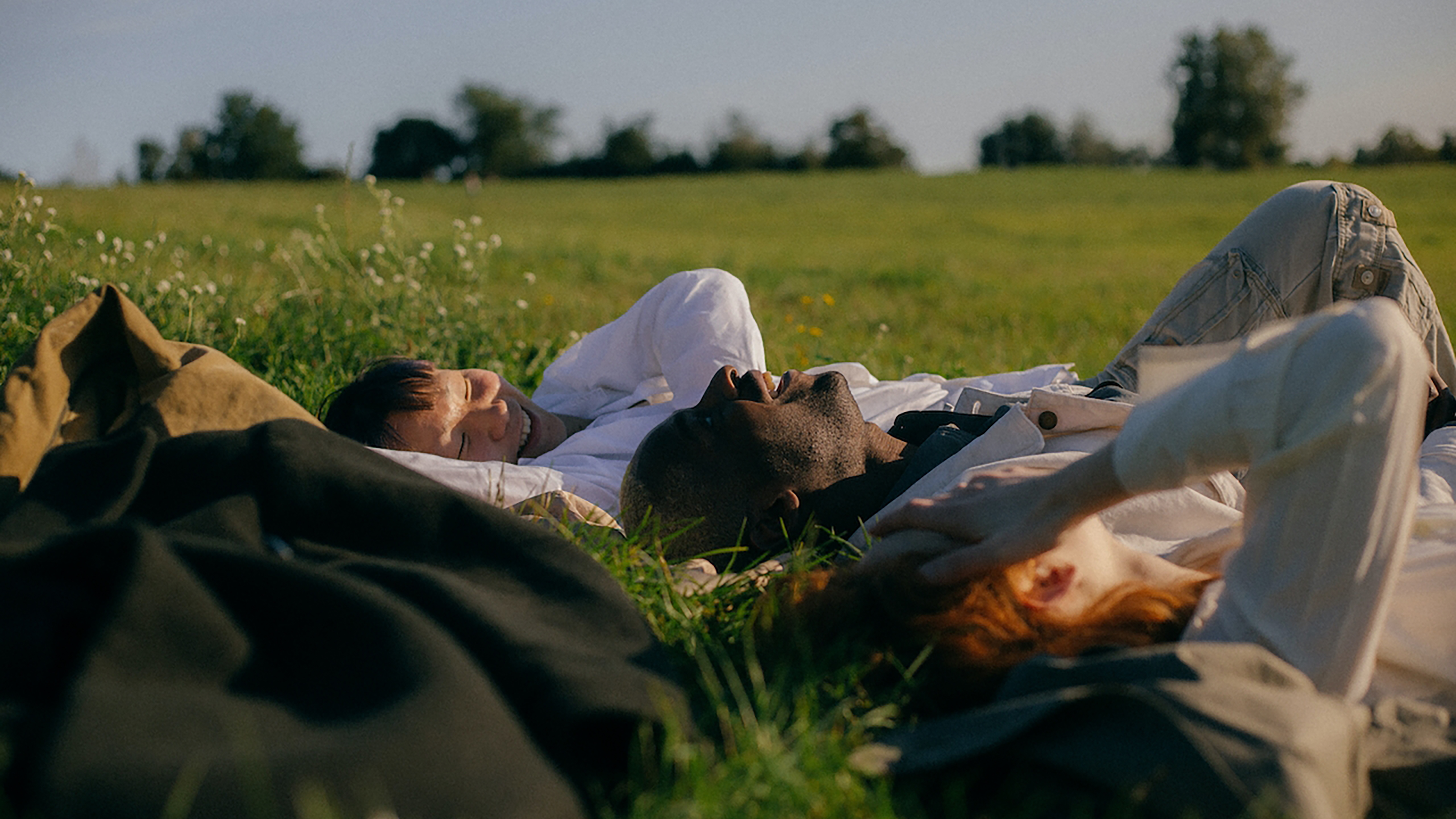psychology
A controversial new philosophy paper tries to bring our moral prejudices to heel. Should it?
Acting “little and often” has huge consequences and they’re not always good — but awareness yields solutions.
Arieh Smith, a New York City-based polyglot who runs the YouTube channel Xiaomanyc, talks language-learning with Big Think.
The pseudoscience phrenology swept the popular imagination, and its practitioners made a mint preying on prejudices, gullibility, and misinformation.
How to figure out the right amount of time for any project.
It just takes one “yes.” Wharton professor Jonah Berger shares his three tips for getting what you want from others.
▸
6 min
—
with
The evidence that pollution causes cancer is weak. Lifestyle factors, like smoking, obesity, and alcohol, matter far more.
Instead of fear, his delusions bring him cheer. His psychiatrist embraces them.
When ancient humans stared into the darkness, they imagined monsters. Today, staring into the future, AI is the monster.
Stories of child prodigies and the naturally gifted hide the fact that success is built on more than talent alone.
Claims of a sudden infestation appear unfounded.
Acclaimed psychiatrist Bessel van der Kolk, author of “The Body Keeps The Score,” discusses the widespread existence of trauma and how it settles in our bodies.
▸
with
That completely useless thing you want to get rid of — it’s probably more important than you think.
After my father died, my journey of rediscovery began with the Czech language.
In our competitive world, fortune does not appear to favor the humble — but a strong counter-narrative is emerging.
There are many things in life that cannot be improved with greater effort. Sometimes, life requires that you step back.
AIs can imitate but not innovate — for now, at least.
Combining years of neurological research and mindfulness techniques, Dr. Heather Berlin helps us better understand how the body’s most complex organ can easily be misled into negative thinking – and how we can stop that from happening.
▸
with
While executive function matures between 18 and 20 years of age, the brain keeps changing long afterward.
Various environmental phenomena can play tricks on our brain.
We are wired to value things more when we work hard at attaining them — even if, objectively, they aren’t worth that much.
Survivorship bias occurs when we fail to consider how data was collected. To combat this, search for the “silent evidence.”
“Precarious manhood” is the belief that manhood must be earned and constantly defended. It has a poor outcome.
“Feedback is a gift,” is an easy bumper sticker to apply, but a harder philosophy to put into execution in your real life.
We all have a place in our lives where we look the other way and pretend everything is fine. It’s a built-in excuse to act selfishly.
In an environment of impressive IQs, emotional intelligence makes all the difference.
What a long strange trip it’s been.
If someone can make you feel insecure, incomplete, and inadequate, they then can present themselves as the solution you need.
A healthy lifestyle even protects those who are genetically predisposed to depression.

